Pregnancy can bring about a lot of changes in a woman’s body, including cravings for certain foods. While some women may crave sweet or salty foods, others may crave spicy foods. In particular, there is a common belief that craving spicy food during pregnancy is a sign that the baby is a boy.
Pregnancy cravings are a normal part of pregnancy, and they can be caused by a variety of factors. Hormonal changes, nutritional deficiencies, and stress are just a few of the factors that can contribute to pregnancy cravings.
While some women may crave healthy foods like fruits and vegetables, others may crave less healthy options like junk food or fast food.
Spicy food cravings are a common pregnancy craving, and they can be caused by a variety of factors. Some women may crave spicy foods because they enjoy the taste, while others may crave them because they provide a sense of comfort or relief from nausea.
However, there is also a common belief that craving spicy food during pregnancy is a sign that the baby is a boy. While there is no scientific evidence to support this belief, it is a common topic of conversation among pregnant women.

Key Takeaways
- Pregnancy cravings are a normal part of pregnancy and can be caused by a variety of factors.
- Spicy food cravings during pregnancy are common and can be caused by a variety of factors, including enjoyment of taste and relief from nausea.
- While there is a common belief that craving spicy food during pregnancy is a sign that the baby is a boy, there is no scientific evidence to support this claim.
1. Understanding Pregnancy Cravings
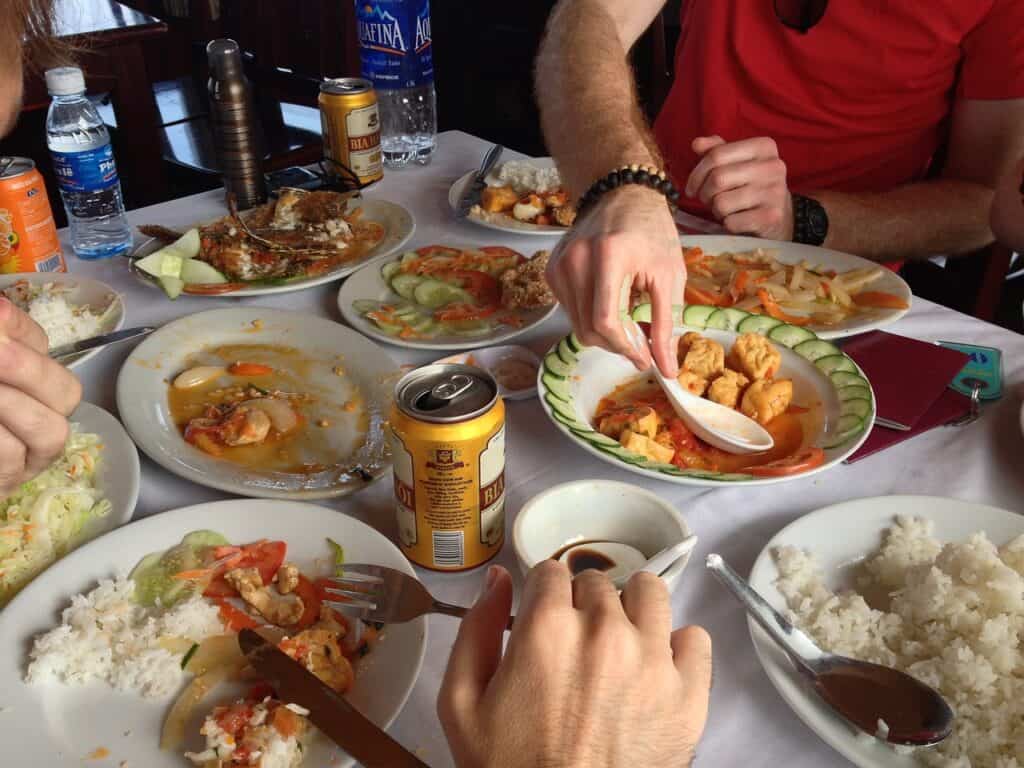
Pregnancy cravings are a common phenomenon that many women experience during their pregnancy. These cravings are often for specific types of food, such as spicy food, and can occur at any point during pregnancy, but are most common in the first and second trimesters.
The exact cause of pregnancy cravings is not fully understood, but it is believed to be related to hormonal changes that occur during pregnancy. Fluctuating hormones can cause changes in a woman’s sense of taste and smell, which can lead to cravings for certain types of food.
Spicy food cravings during pregnancy are particularly common, and can be attributed to a number of factors. Spicy food can increase blood flow, which can help to alleviate some of the discomfort associated with pregnancy.
Additionally, spicy food can help to combat nausea and morning sickness, which are common in the first trimester.
While it is important to listen to your body and satisfy your cravings, it is also important to maintain a healthy and balanced diet during pregnancy. It is recommended that pregnant women consume a variety of nutrient-dense foods, including fruits, vegetables, whole grains, and lean protein.
In conclusion, pregnancy cravings are a normal part of pregnancy, and can be attributed to hormonal changes that occur during pregnancy. While spicy food cravings are common, it is important to maintain a healthy and balanced diet to support the health of both the mother and the developing fetus.
2. Spicy Food Cravings During Pregnancy
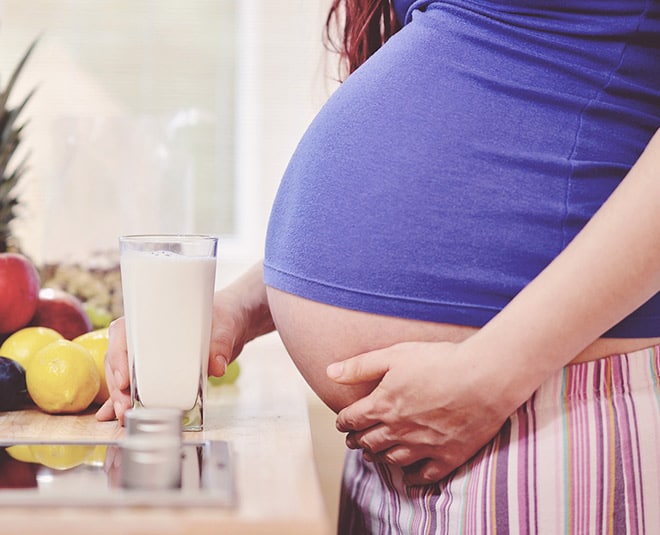
Pregnancy is a time when women experience a variety of cravings, including a craving for spicy foods. While some women may crave sweet or salty foods, others may crave spicy foods like hot sauce, curry, chili, and chili peppers.
Capsaicin, the compound that gives chili peppers their spiciness, is known to have a variety of health benefits, including pain relief and improved digestion.
Research suggests that spicy food cravings during pregnancy may be related to hormonal changes. As estrogen levels rise during pregnancy, women may experience an increase in their sense of taste and smell, which can make spicy foods more appealing.
Additionally, some women may crave spicy foods as a way to combat nausea and morning sickness, as capsaicin can stimulate the digestive system.
It’s important to note that while spicy foods can be a healthy addition to a balanced diet, consuming too much spice can have negative effects. Spicy foods can cause heartburn, indigestion, and even diarrhea in some people.
Pregnant women should also be cautious about consuming spicy foods that are high in sodium or sugar, as these can contribute to gestational diabetes and high blood pressure.
In conclusion, spicy food cravings during pregnancy are a common experience for many women. While there may be some health benefits to consuming spicy foods, it’s important to consume them in moderation and be mindful of any negative effects they may have.
3. Gender Prediction Based on Food Cravings
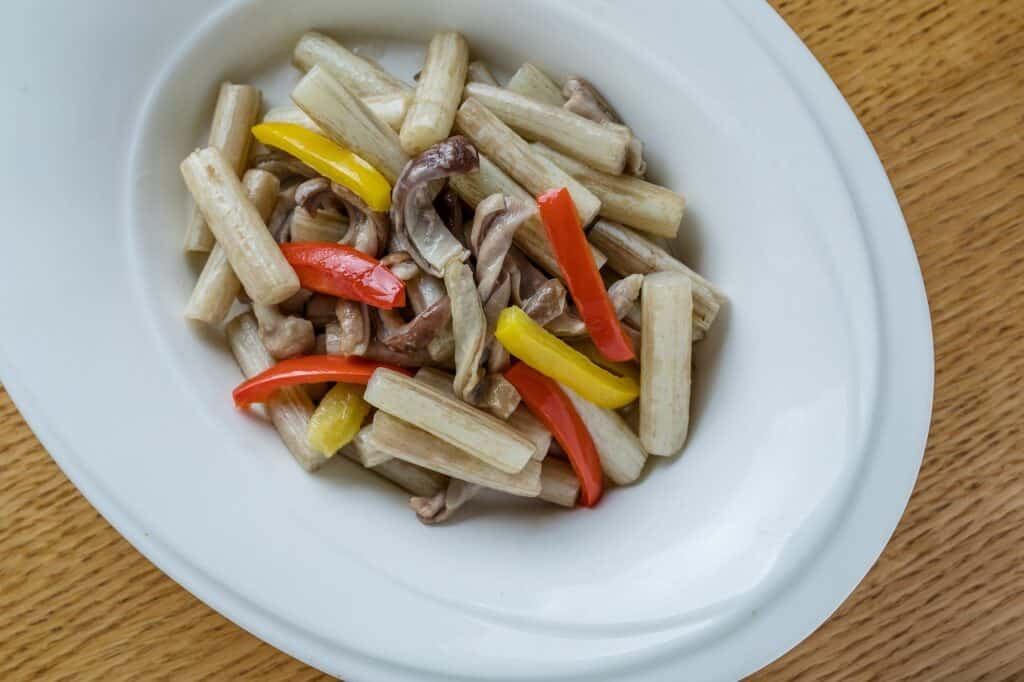
Many pregnant women experience cravings for certain foods during their pregnancy. While these cravings are often harmless, some people believe that they can be used to predict the gender of the baby.
There are many different theories about how food cravings may be linked to the sex of the baby, but there is no scientific evidence to support these claims.
One theory suggests that women who crave spicy foods during pregnancy are more likely to be carrying a boy. This is based on the idea that boys are more likely to have a taste for spicy foods than girls.
However, there is no scientific evidence to support this theory.
Another theory suggests that women who crave sweet foods are more likely to be carrying a girl. This is based on the idea that girls are more likely to have a sweet tooth than boys.
Again, there is no scientific evidence to support this theory.
It is important to remember that food cravings during pregnancy are very common and are not necessarily an indication of the baby’s gender. While it can be fun to speculate about the sex of the baby based on food cravings, it is not a reliable method of gender prediction.
In conclusion, there is no scientific evidence to support the idea that food cravings during pregnancy can be used to predict the gender of the baby. While it can be fun to speculate about the sex of the baby based on food cravings, it is important to remember that these cravings are not a reliable indicator of the baby’s gender.
4. Health Implications of Spicy Food Cravings

Pregnancy is a time when women experience many changes in their bodies, including cravings for certain foods. One common craving is for spicy foods, which can have both positive and negative health implications.
Safe and Healthy
Spicy foods are safe to eat during pregnancy, as long as they are consumed in moderation. In fact, some studies suggest that spicy foods may have health benefits for both the mother and the baby.
For example, capsaicin, the compound that gives chili peppers their heat, has been shown to have anti-inflammatory and antioxidant properties.
Heartburn and Indigestion
However, spicy foods can also cause heartburn and indigestion, which are common complaints during pregnancy. This is because spicy foods can irritate the lining of the stomach, leading to discomfort and pain.
Pregnant women who experience heartburn and indigestion after eating spicy foods should avoid them or limit their intake.
Inducing Labor
Another concern with spicy foods during pregnancy is that they may induce labor. While there is no scientific evidence to support this claim, some women have reported that eating spicy foods helped to bring on labor.
However, it is important to note that inducing labor before the baby is ready can be dangerous for both the mother and the baby.
Diarrhea and Contractions
Spicy foods can also cause diarrhea and contractions, which can be harmful during pregnancy. Diarrhea can lead to dehydration, which can be dangerous for both the mother and the baby.
Contractions can also be a sign of preterm labor, which can lead to complications and premature birth.
Gestational Diabetes and Preeclampsia
Finally, spicy foods may not be suitable for pregnant women who have gestational diabetes or preeclampsia. Spicy foods can raise blood sugar levels, which can be dangerous for women with gestational diabetes.
They can also increase blood pressure, which can be harmful for women with preeclampsia.
In conclusion, while spicy foods are generally safe to eat during pregnancy, pregnant women should consume them in moderation and be aware of the potential health implications. Pregnant women who experience heartburn, indigestion, diarrhea, contractions, gestational diabetes, or preeclampsia should avoid or limit their intake of spicy foods.
5. Other Common Food Cravings During Pregnancy

During pregnancy, it is common for women to experience food cravings. These cravings can vary from person to person and can be for a wide range of foods.
In addition to spicy foods, here are some other common food cravings during pregnancy.
Sweet and Sugary Foods
Many women crave sweet and sugary foods during pregnancy. This may be due to hormonal changes that increase insulin resistance, making it harder for the body to regulate blood sugar levels.
Some common sweet cravings include:
- Chocolate
- Ice cream
- Candy
Salty Foods
Salty food cravings are also common during pregnancy. This may be due to an increase in blood volume, which can cause sodium levels to drop. Some common salty cravings include:
- Pickles
- Potato chips
- Pretzels
Sour Foods
Some women crave sour foods during pregnancy. This may be due to the body’s need for vitamin C, which is found in many sour foods. Some common sour cravings include:
- Citrus fruits
- Sour candy
- Pickles
It is important to note that while food cravings during pregnancy are common, they should not be used as an excuse to indulge in unhealthy foods. A balanced diet that includes a variety of fruits, vegetables, whole grains, and lean proteins is still the best way to support a healthy pregnancy.
6. Nutritional Considerations During Pregnancy
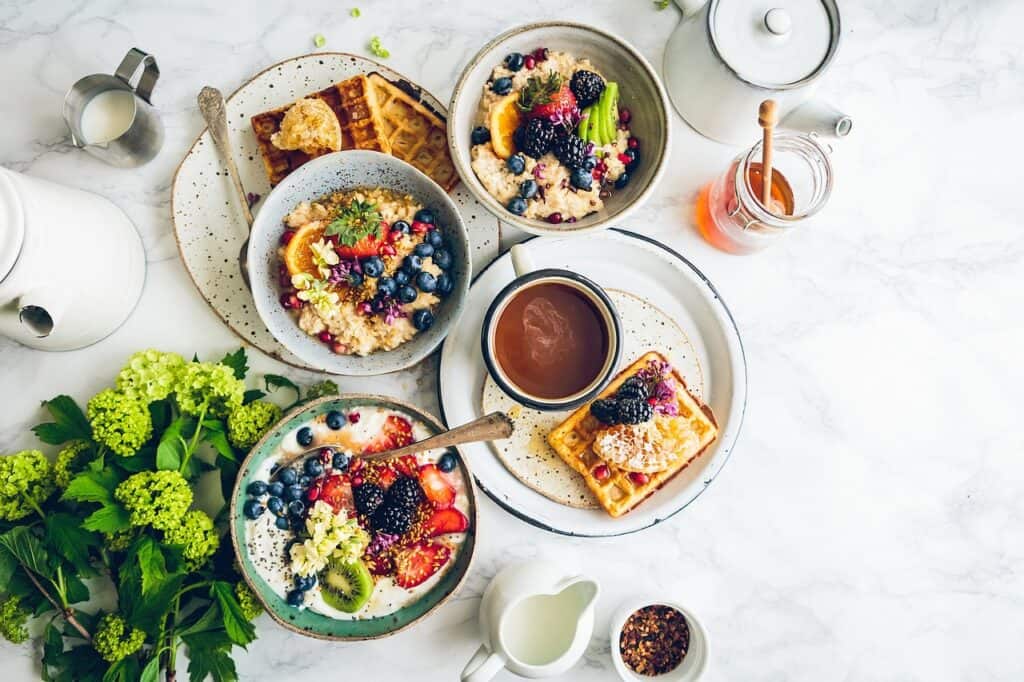
Pregnancy is a time when a woman’s body undergoes many changes, including an increased need for nutrients. It is important to maintain a healthy and balanced diet during pregnancy to ensure that both the mother and baby receive adequate nutrition.
Calcium is an essential nutrient during pregnancy, as it helps to build strong bones and teeth in the developing fetus. Good sources of calcium include dairy products, leafy green vegetables, and fortified foods.
Protein is also important during pregnancy, as it is needed for the growth and development of the baby’s tissues. Good sources of protein include lean meats, poultry, fish, beans, and nuts.
A balanced diet is essential during pregnancy to ensure that all nutritional needs are met. This includes consuming a variety of foods from all food groups, including fruits, vegetables, whole grains, lean proteins, and healthy fats.
Nutritional deficiencies can occur during pregnancy if the mother does not consume enough of certain nutrients. Iron deficiency is common during pregnancy and can lead to anemia. Good sources of iron include red meat, poultry, fish, beans, and fortified cereals.
In summary, maintaining a healthy and balanced diet during pregnancy is crucial for both the mother and baby. Adequate intake of calcium, protein, and iron is essential to ensure proper growth and development.
7. Managing Food Cravings
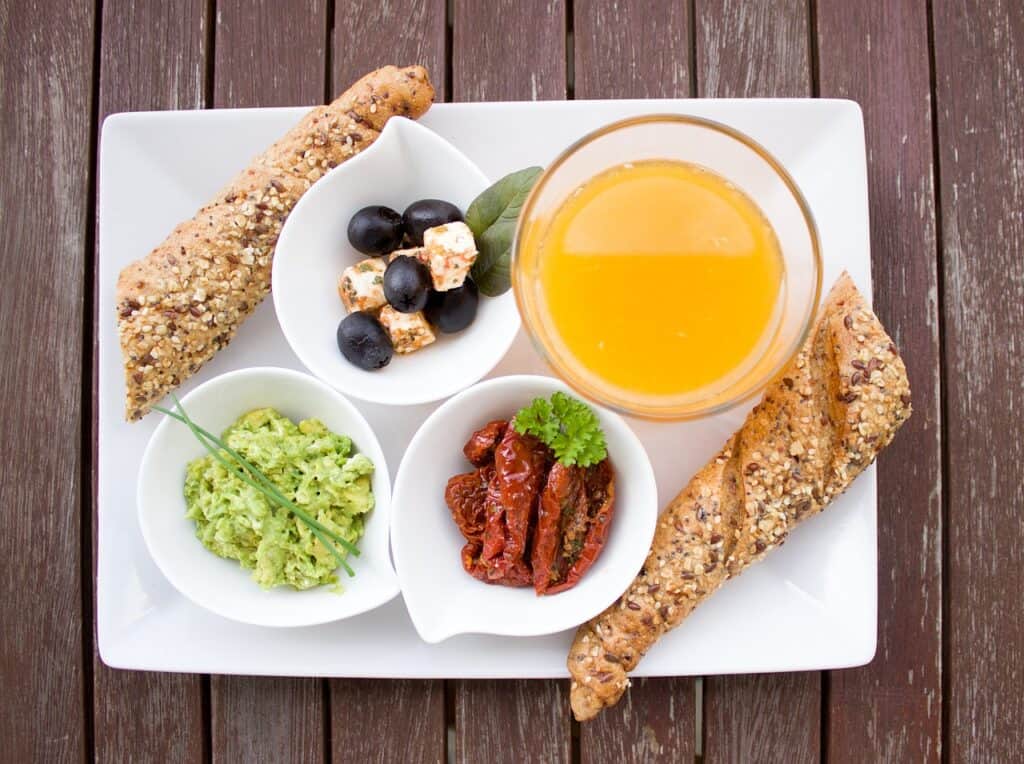
Pregnancy cravings can be overwhelming, especially when it comes to spicy food. While it’s okay to indulge in cravings, it’s important to manage them to ensure a healthy pregnancy.
Here are some tips for managing spicy food cravings during pregnancy:
Stress Management
Stress can increase cravings for spicy food. It’s important to manage stress levels to avoid overeating or indulging in unhealthy foods. Activities such as yoga, meditation, and deep breathing exercises can help reduce stress levels.
Exercise
Regular exercise can help reduce cravings and improve mood. It’s important to consult with a healthcare provider before starting any exercise routine during pregnancy.
Healthy Snacks
Healthy snacks, such as fruits and vegetables, can help satisfy cravings without consuming too many calories. It’s important to choose snacks that are high in nutrients and low in sugar and fat.
Nausea and Digestive System
Spicy food can worsen nausea and digestive issues during pregnancy. It’s important to eat small, frequent meals throughout the day and avoid spicy foods if they cause discomfort.
Bloating
Spicy food can also cause bloating and discomfort. It’s important to drink plenty of water and avoid carbonated drinks and high-fat foods that can worsen bloating.
Mood Swings
Mood swings during pregnancy can increase cravings for spicy food. It’s important to find healthy ways to manage mood swings, such as talking to a healthcare provider or a therapist.
Fatigue
Fatigue during pregnancy can increase cravings for high-calorie foods. It’s important to get enough rest and choose healthy snacks to manage cravings.
Overall, managing spicy food cravings during pregnancy is important for a healthy pregnancy. By following these tips, pregnant women can satisfy their cravings while maintaining a healthy diet.
Related posts:
Frequently Asked Questions
Can craving spicy food during pregnancy be a sign of having a boy or girl?
There is no scientific evidence to support the idea that craving spicy food during pregnancy is a sign of having a boy or girl. Cravings are a common part of pregnancy and can be caused by a variety of factors, including hormonal changes and nutritional needs.
What are some common early signs of having a boy during pregnancy?
There is no definitive way to tell the gender of a baby during pregnancy. Some people believe that certain symptoms, such as carrying high or low, can indicate the gender of the baby, but there is no scientific evidence to support these claims.
Is it safe to eat spicy food during pregnancy?
For most pregnant women, it is safe to eat spicy food in moderation. However, some women may experience heartburn or other digestive issues when consuming spicy foods. It is important to listen to your body and avoid any foods that cause discomfort.
Can spicy food cause stomach pain during pregnancy?
Spicy food can cause stomach pain or discomfort in some people, including pregnant women. If you experience stomach pain or discomfort after eating spicy food, try eating smaller portions or avoiding spicy foods altogether.
Do cravings for specific foods indicate the gender of the baby?
There is no scientific evidence to support the idea that cravings for specific foods indicate the gender of the baby. Cravings are a common part of pregnancy and can be caused by a variety of factors, including hormonal changes and nutritional needs.
Why do some pregnant women experience an increase in spice tolerance?
Some pregnant women may experience an increase in spice tolerance due to hormonal changes. However, it is important to listen to your body and avoid any foods that cause discomfort or pain.

Iesha is a loving mother of 2 beautiful children. She’s an active parent who enjoys indoor and outdoor adventures with her family. Her mission is to share practical and realistic parenting advice to help the parenting community becoming stronger.
